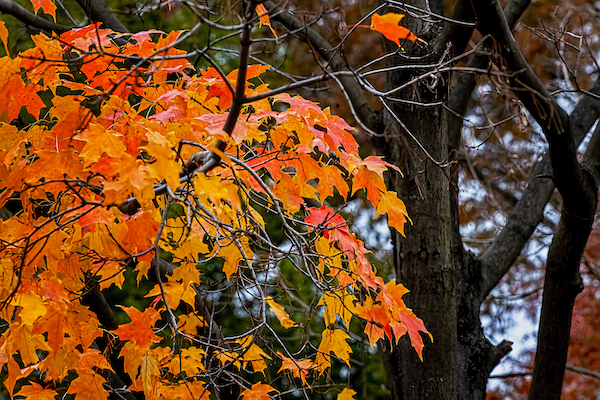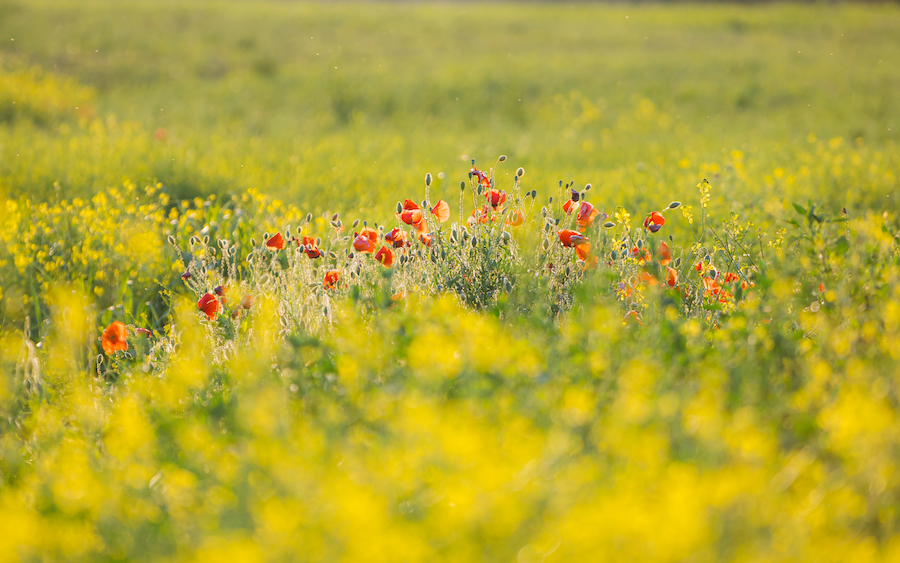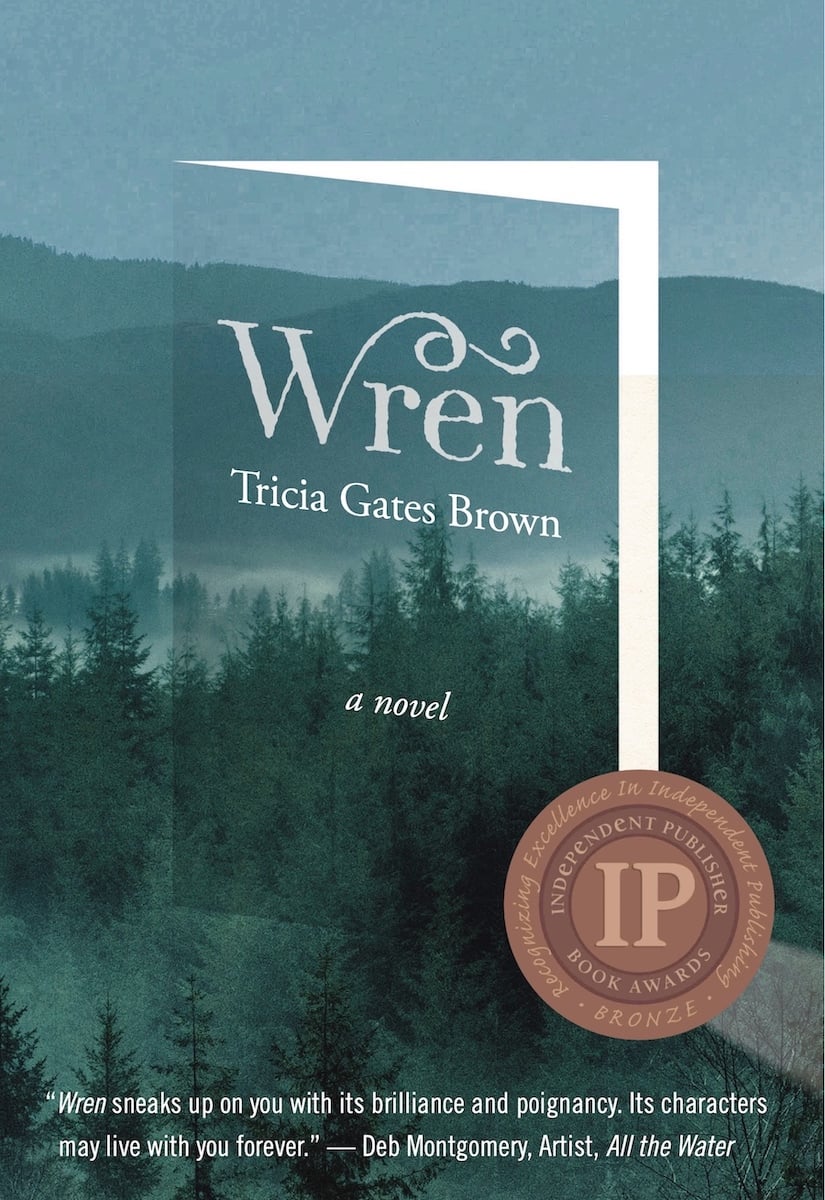
Let me tell you a little parable. The kingdom of God is like this: A young woman noticed in her lawn a tiny maple seedling that had grown from a helicopter seed that landed there. Instead of weeding it out, she decided to let it grow. Over the years she cleared around the small tree, and in times of drought, she gave it a drink of water. And over time, the tree grew and grew, casting shade over her family’s house and cooling it in the summer. The tree grew strong branches perfect for her grandchildren to climb.
Jesus was a storyteller! Most of what he taught, in fact, he taught by telling stories. We call these “parables”; but parables weren’t just any kind of story. Parables compare two things; they offer something familiar to help us understand something less familiar. The word “parallel” is based on the same root as the word “parable”; so with a parable, the storyteller puts two things side-by-side, or parallel, to help us understand something by way of comparison. One thing is less familiar, the other more familiar. Jesus lived and taught in a rural context where most people were farmers or fisherman, so he often used farming or fishing parables to help people understand this thing he called the “kingdom of God.”
According to Jesus’ central proclamation, we operate day-to-day in this world we know and see and struggle with. But concurrent with this everyday realm is the realm of God. This other reality is at the heart of what Jesus wanted to teach us, so it is incredibly important.
But here is the problem: Jesus used stories with images familiar to his audience that are not as familiar to us. We don’t live as people in 1st century Galilee. The images no longer function as parallels that help us get something. In fact, sometimes the parallels Jesus offers in his parables are extremely confusing for us.
For this reason, sometimes people come up with modern-day parables that play off of Jesus’ stories, using images that are easier for us to grasp. The point of a parable is to be a useful snapshot. Thus, my little example of the ‘parable of the maple seedling.’

…This snapshot, the maple-seedling parable of the Kingdom of God, is similar to the snapshot in Jesus’ ‘Parable of the Mustard Seed’ that we read in this week’s lectionary gospel. But most of us have no idea what a mustard plant looks like. I am quite a plant person, yet I might not recognize mustard if I saw it along the road. But as an Oregonian, I am very familiar with tiny maple seedlings and how they grow, and with the large maple trees growing around my home, casting shade in the summer and creating beautiful dancing shadows as sun plays on the leaves. I am familiar with climbing maple trees as a child.
When I think about this little ‘Parable of the Maple Seedling’ as a snapshot of what the realm of God is like, I can feel the shade, the dancing light. I can easily imagine the years of patience and nurturing that went into seeing that mighty maple tree grow. I can imagine the joy of the children climbing the tree, and of the grandmother passing on to her descendants this experience, from the little seed she nurtured.
This is what the parable of the maple seedling tells me about the “kingdom of God”: God’s realm is growing up around us while we are often unaware. The growth is slow, and often when God’s realm takes root in our little worlds, it appears small and inconsequential. We may not even notice what has happened, or how transformative it is. But over time, God’s realm creates a shelter in our lives, a shade in times when the oppressive heat of our surroundings would otherwise be too much to bear. The realm of God is a place of wonder and joy where we can find solace. It allows us to pass on to our children something transformative and transcendent for their lives.
The realm of God is like a maple seed that grows into a mighty maple tree. Over time, it will shade you and delight you, and you might not even notice what’s happening. …The realm of God is like that.
Wren, winner of a 2022 Independent Publishers Award Bronze Medal














